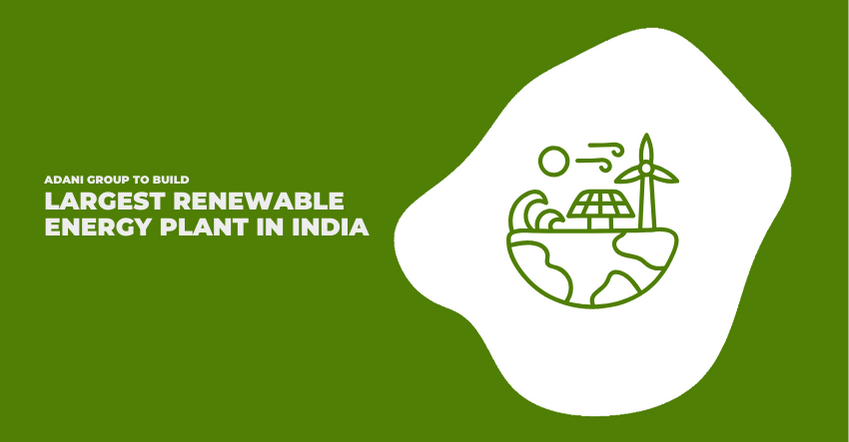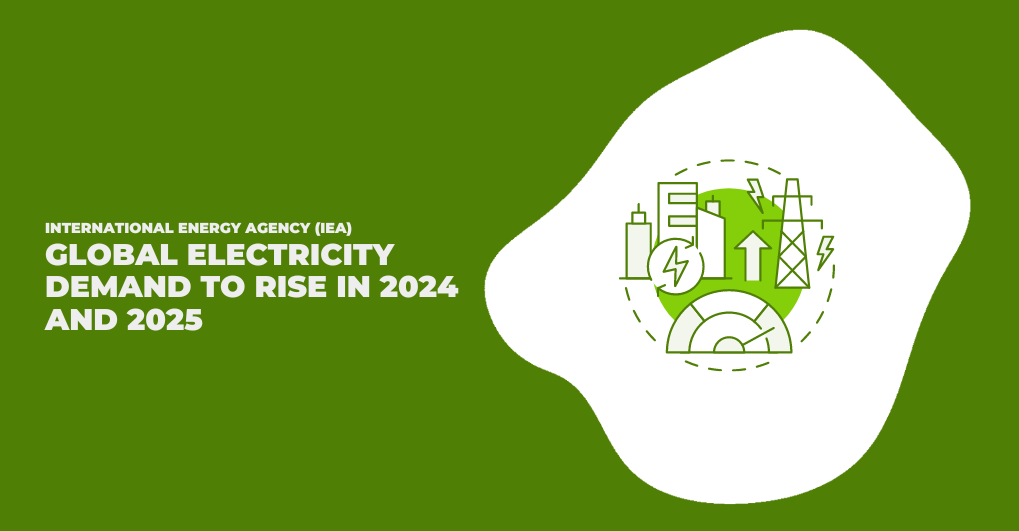Summary:
This mammoth project, costing approximately $20 billion, is not just an impressive feat in scale—spanning over 200 square miles and visible from space—but also in its potential impact, with the capability to power 16 million Indian homes. With the increasing scale of renewable energy assets, the role of innovative technology in managing and optimizing them is becoming more crucial. PowerHub could be pivotal in overseeing projects like this, ensuring operational efficiency and maximizing output.
Deep Dive:
Adani Group is constructing the world’s largest clean energy plant in Gujarat, India, according to a report by CNN.
The monumental project, with an estimated cost of $20 billion and spanning over 200 square miles, is set to become the world’s largest clean energy plant.
This ambitious venture has the potential to power a staggering 16 million Indian homes, marking a significant milestone in India’s renewable energy journey.
Sagar Adani, the Executive Director of Adani Green Energy Limited (AGEL), is managing the colossal undertaking.
Known as “The Khavda Renewable Energy Park,” this project will be crucial to India’s environmental and energy goals.

Currently, coal fuels 70% of the country’s electricity. Therefore, the shift towards renewable sources is necessary, not just beneficial.
AGEL’s ambition to generate nearly 30 GW from this single park aligns with India’s broader climate commitments, including achieving net-zero emissions by 2070 and sourcing 50% of its energy needs from renewables by the end of this decade.
Critics point to the conglomerate’s continued investments in fossil fuels, highlighting the paradox of advancing clean energy projects while expanding coal mining operations.
However, Sagar Adani emphasizes the pragmatic approach India must take to meet its soaring energy demands while navigating the path to sustainability.
As mega-projects like Khavda Park become increasingly central to global renewable energy efforts, the need for sophisticated, scalable asset management solutions becomes apparent.
PowerHub’s ability to streamline operations, enhance data visibility, and improve decision-making can significantly contribute to such mega projects’ successful implementation and maintenance.
In the broader context of climate change and the urgent shift towards renewable energy, the story of the Adani Group’s clean energy pivot, despite its complexities, represents a significant step forward.
It underscores the essential blend of ambition, technology, and practical solutions needed to tackle one of the most pressing challenges of our time.




